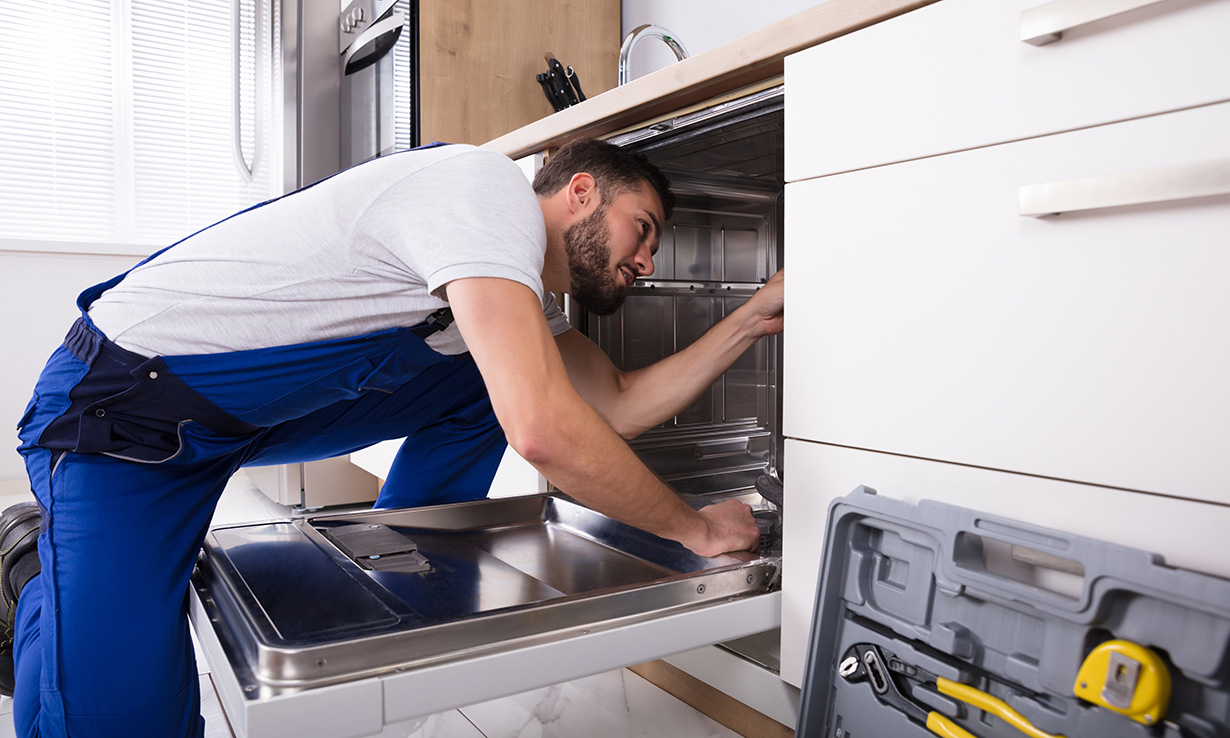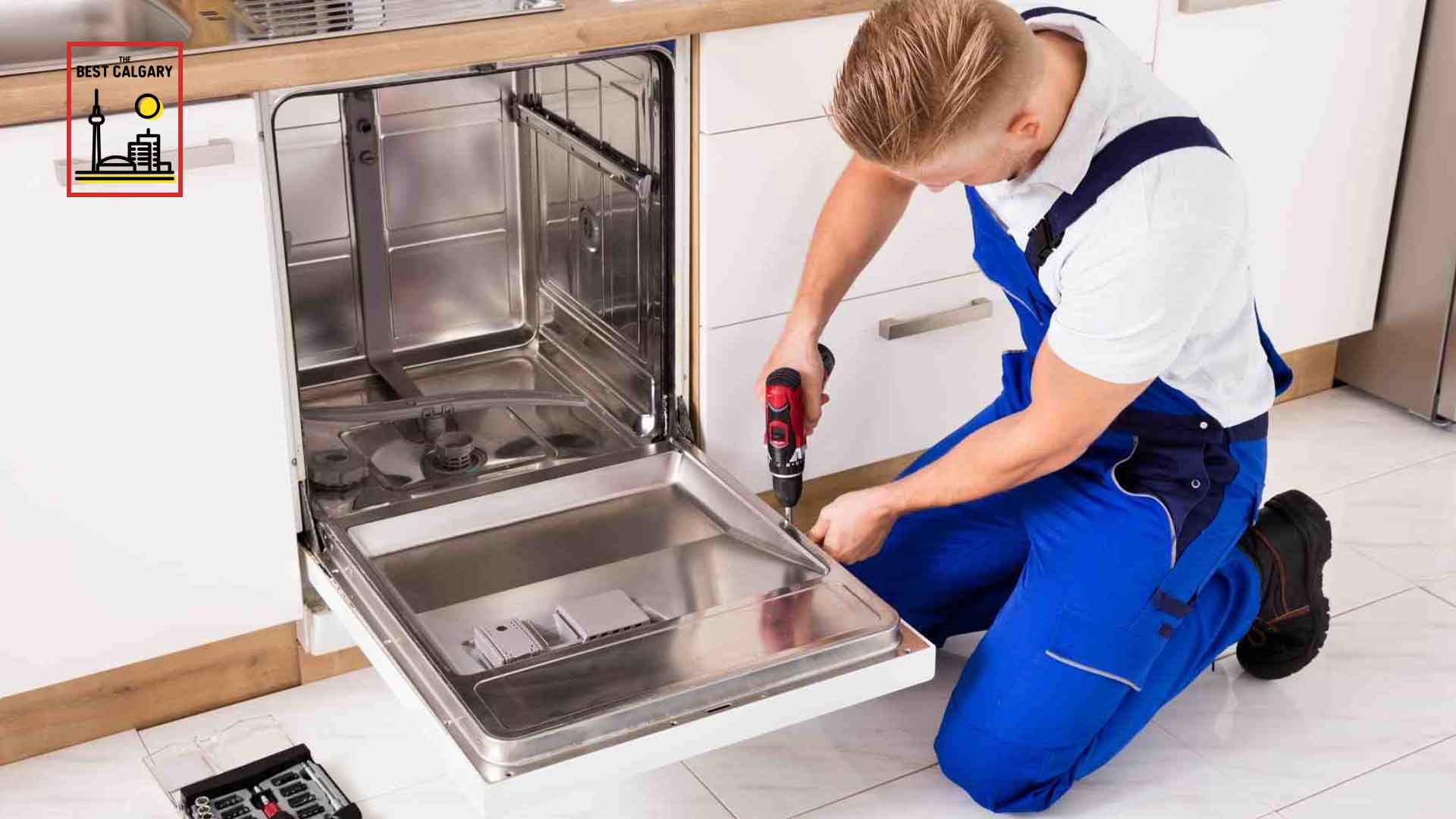Could You Possibly Damaging Your Home's Plumbing Systems? 6 Key Signs
Could You Possibly Damaging Your Home's Plumbing Systems? 6 Key Signs
Blog Article
Presented here in the next paragraph you can discover a good deal of outstanding ideas in regards to Can Hard Water Ruin Your Appliances?.

The key to durable home appliances, unsurprisingly, appertains maintenance. There's no hard and fast policy that can assure your plumbing appliances a long wear, however you can protect against unneeded damage and repair services by staying clear of negative plumbing habits.
You ought to stop doing these 6 things else you'll keep calling your plumber over for minor faults.
Flushing whatever
Yes, your bathroom drain results in the drains, but that doesn't mean you need to unload simply anything down the tubes. Numerous 'flushable' materials are in fact great blockage beginners, for example dental floss. Asides keeping evident non-flushable products like cords and plastics out of your commode, you ought to likewise avoid flushing cotton buds, menstruation items, wipes, daipers as well as condoms down the commode drain.
DIYing everything
With plumbing, a stitch in time actually does conserve nine. You can prevent a fullblown plumbing emergency by calling your plumber at the correct time.
You may have found out a couple of plumbing hacks from your father, yet you should certainly understand where to fix a limit as well as call a professional. For example, you might be able to deal with a blockage on your own, but you shouldn't attempt to change a pipeline. You can mismatch pipes or overtighten a screw, creating more injury and damage than you thought. Calling a plumber is a risk-free as well as affordable decision.
Using too much drain cleaner
Using a drain cleaner more than once or twice a month is an indicator that something significant is taking place within your pipelines. Now, instead of facing the major concern, you choose a quick fix; a fizzy drain cleaner. Rightfully, a drainpipe cleaner will care for the blockage, but at what price?
The chemicals in a drainpipe cleaner can accelerate the rust of your pipes. Include that to whatever underlying problem is triggering the blockage and also you might have to a major issue on your hands.
If you experience way too many obstructions, call your emergency plumber instead of utilizing a drain cleaner.
Putting oil in the sink
We understand appropriately getting rid of grease after a hearty meal is a discomfort. Yet simply putting it down the tubes can do long-lasting harm to your pipes. "The fat as well as oil can block your drain severely sufficient to force you to call a plumber," discusses Dawson. "Plumbing works best when it's well taken care of-- not abused with grease."
Not altering your dish washer tubes
One simple method to ensure that you utilize your dish washer for many years is to change the hose pipe at the very least as soon as in 5 years. This likewise looks for washing maker pipes.
With time, food particles, soap as well as grease can develop blockages within your pipes. Changing them promptly will prevent any type of presure build up that can damage the inner functions of your dish washer or washing equipment.
A strengthened steel entwined hose pipe does a great task of lengthening your machine's use time.
No wintertime preventative measures
Extreme weather misbehave for your pipelines, specifically if they're made of steel. You should insulate your subjected pipelines, and also your water container, even if you have a water heater. You should likewise switch off your garden tube shutoff and also any other external water networks. These networks are outlets for cold; you pipes can start to freeze from outside if you don't.
How Hard Water Damages Your Plumbing and Appliances
Hard water is no stranger to most households across America. This silent invader affects 85% of homes in the United States every day, wreaking havoc on pipes, plumbing fixtures, and water-using appliances.
Should you become a victim of hard water, you must understand exactly what it is and how it affects your plumbing and appliances. This will help you determine the correct measures to put in place to fix or prevent any problems that may arise.
First off, what exactly is “hard” water?
In short, “hard water” is used to describe water that contains relatively high amounts of dissolved minerals, primarily calcium and magnesium, and a host of trace metals. When rainwater falls from the sky (usually in a pure form), it absorbs the hardness minerals from rocks and soil, which changes it from soft to hard water.
What about my plumbing and appliances?
Mineral deposits from hard water can cause buildup on tubs, shower, sinks, faucets. But that’s only a small scratch of the surface. Those minerals can gradually build up inside pipes, fixtures, water heaters, washing machines, and dishwashers. Once they accumulate in those areas, they can clog pipes and create major problems throughout your plumbing system, from reduced water flow to increased pressure on pipes and fixtures.
This limescale buildup might affect some appliances, causing them to operate less efficiently and wear down faster. And the result? Higher energy bills, more (costly) plumbing replacements and repairs, and damaged appliances.
Keep in mind that certain types of plumbing are more susceptible to clogging than others. Copper, PVC, and PEX pipes are more resistant to hard water buildup and corrosion, but they can still get clogged or completely blocked by scale deposits.
How do I know if my water is hard?
White limescale buildup on plumbing fixtures (or any of the other signs mentioned above) is usually a good sign that your water is hard. If you suspect that you have hard water, you can simply shake up a small amount of dish soap and water in a closed container. If the mixture doesn’t create a lot of suds, you probably have hard water.
The most precise method, however, is to test your water with a DIY test kit (sold online or at local home centers or hardware stores) or send a water sample from your tap to a local lab to be tested. Be sure that you understand the nature of the test, the water condition being measured, and the significance of the test results.
Another way to obtain an estimate of water hardness is to check your annual water quality report to see if your water provider has reported any instance(s) of water hardness in your water supply.
https://www.springwellwater.com/how-hard-water-damages-your-plumbing-and-appliances/

I am just very inquisitive about Can Hard Water Ruin Your Appliances? and I am assuming you liked the entire piece. Feel free to take a moment to distribute this blog post if you liked it. Thank you so much for your time invested reading it.
Book Report this page